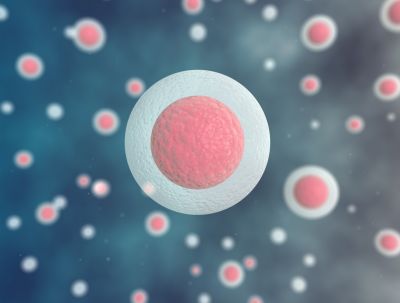Stem cells in the fight against diabetes

Stem cells in the fight against diabetes
Improving the treatments available for diabetic patients and enhancing their health and quality of life represents a major challenge. A European study follows an innovative approach based on mesenchymal stem cells (MSCs) to repair the damage induced by high glucose levels.
Nearly 50 million people in Europe are using approved anti-diabetic agents to control their high glucose levels. Poorly controlled glucose levels lead to complications such as nephropathy, retinopathy, cardiomyopathy and neuropathy, which can prove fatal in 11% of cases.
The main regimen for diabetes is insulin administration, which slows down the emergence of these complications but often at the expense of hypoglycaemic episodes. As there are no other effective medicines available, glucose control in diabetes remains a key clinical challenge.
Scientists on the EU-funded 'Repair of diabetic damage by stromal cell administration' (REDDSTAR) project propose to treat diabetes and its complications using MSCs. Accumulating evidence indicates that - MSCs or stromal stem cells from adult bone marrow secrete potent immunosuppressive and angiogenic factors. Also, their administration in rodents controls hyperglycaemia.
REDDSTAR's primary objective is to investigate the safety and efficacy of such MSC administration with respect to glucose metabolism control and amelioration of diabetes-related complications. Cell isolation is performed using a novel antibody against the surface marker Syndecan-2, which leads to high purity and complies with clinical regulations.
Researchers administered MSCs in pre-clinical models of diabetes and have observed positive effects on blood glucose, kidney disease, neuropathy and wound healing. MSCs have also improved the retinal vascularisation in a mouse model of diabetic retinopathy, while beneficial immunomodulatory effects have been observed in a mouse model of diabetic cardiomyopathy.
Although still at the pre-clinical level, these promising effects of MSC administration on diabetic complications provide the first step for a potential new therapy for diabetes. The planned clinical trial is expected to validate these observations in diabetic wound healing in humans and bring MSC therapy a step closer to the clinic.
published: 2015-04-14